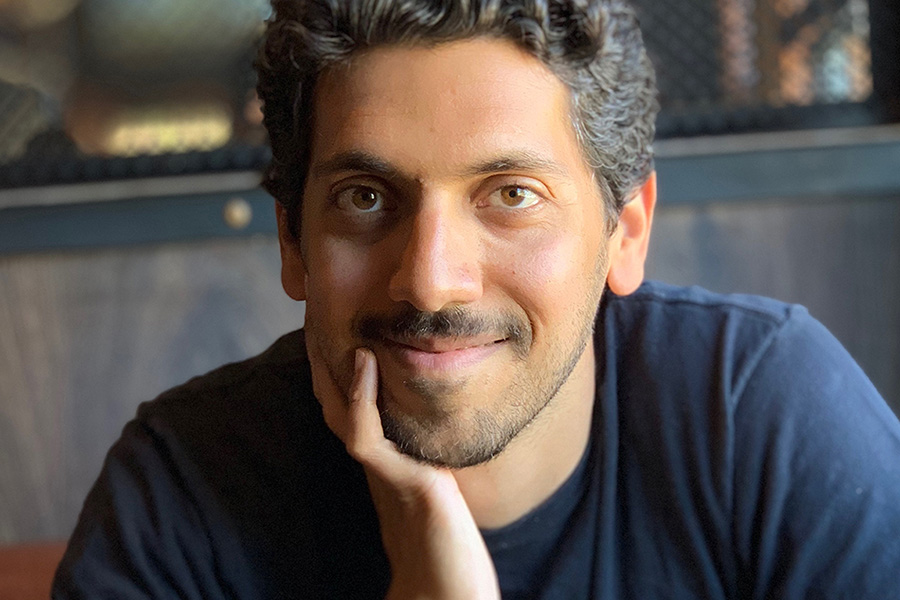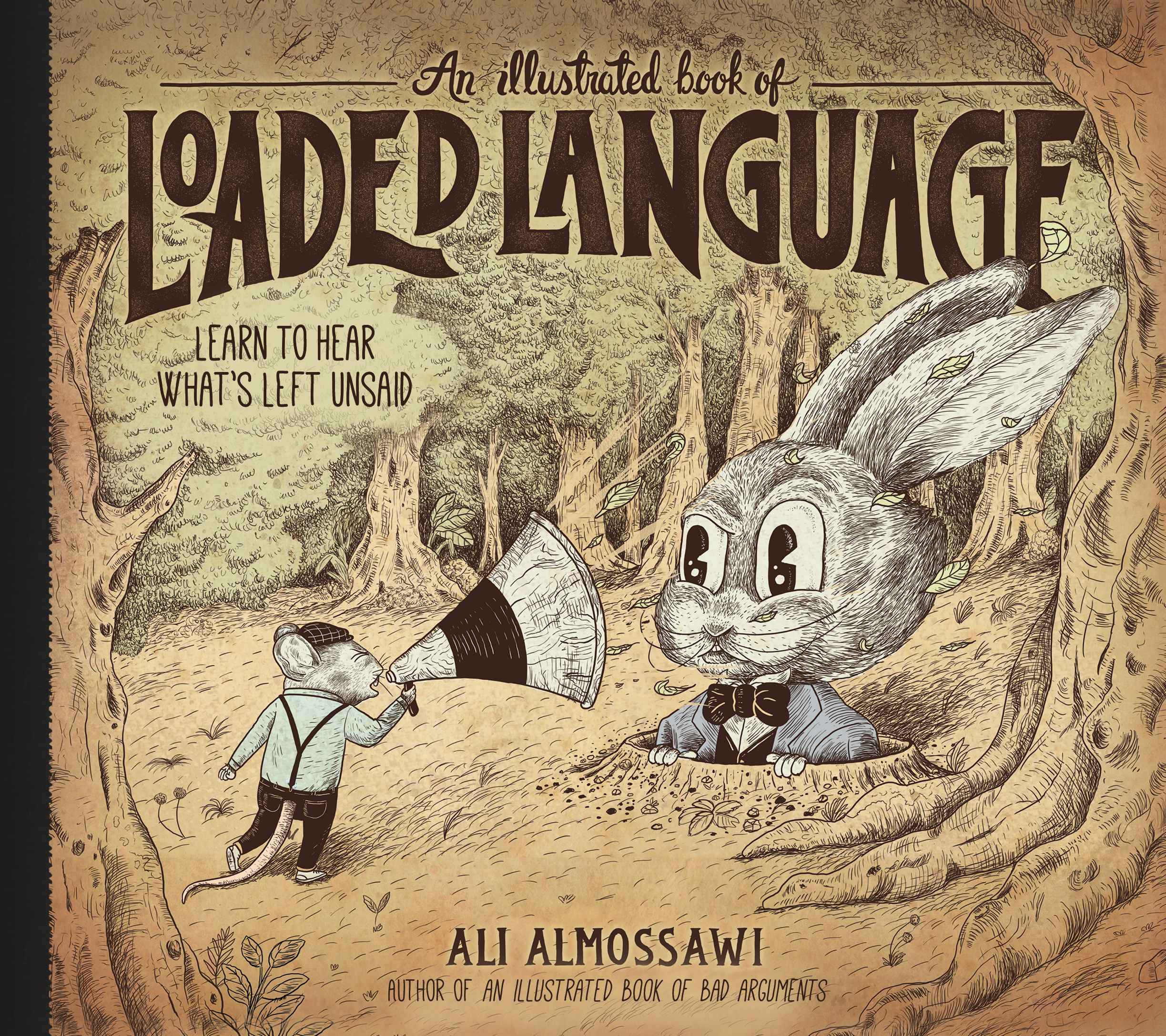Ali Almossawi never intended to be a published author; it was, by his account, a happy accident. Deeply suspicious of free time, in 2013 he began blogging as a hobby. It didn’t take long for a pattern to emerge and Ali soon realized that he had written a significant number of posts on logical reasoning. From there, he says, it “organically evolved into a book that first lived online and eventually became a published book” titled An Illustrated Book of Bad Arguments: Learn the Lost Art of Making Sense.
The Value of Writing
During his time in the MSE program Ali acquired an appreciation for skillful writing that served him well during his studies, and carried over into all aspects of his life. “There were two peers in my cohort who were especially impressive with their writing skills. One had a great way of organizing a blank document [at the start of a project] with relevant headers and subheaders. I had never seen that approach before. I realized immediately that it made it much easier for each team member to contribute to the report, to see how far along we were, and where the gaps were.” Another taught him the importance of editing. “He would do a beautiful job of clarifying, defining, simplifying. Those two experiences taught me the value of being precise and clear with writing, and the effect it can have on you as you’re trying to think through something that is new and complex and ambiguous, and how to communicate it.”
Ali describes writing as an agnostic skill that is essential to his role as an Engineering Manager at Apple. “A lot of what I do is trying to get buy-in for projects; trying to convince people. Sometimes it’s my peers, sometimes it’s senior leaders.” Writing is a valuable tool that enables him to “not only being able to think through how to simplify concepts, but how to empathize with the other person, to realize what is important to that person.”
In addition to his career as an accidental author, the written word has enriched Ali’s life in ways he hadn’t anticipated. “Writing taught me things I didn’t think I could learn and gave me a lot of confidence. It helped me to clarify what I wanted to do long term, and it helped expedite the process of figuring out how the tools I learned in the MSE program fit within the software industry. I highly recommend any art based hobby as a way to see things in a new light.”
A Focus on Fundamental Questions and First Principles
Ali cites the Formal Methods course [formally titled Models of Software Systems] as another source of domain agnostic skills that he has been able to apply to his professional life. “At times it seemed like a foreign language. But once I got over that initial hump, it was so satisfying to appreciate modeling things in that rigorous way, and seeing the effects you get off the back of it. It elevated my thinking and the way I approached problems and gave me an appreciation for rigor and for domain agnostic tools.”
“Looking back over the past 10 plus years, the things that I learned that can be applied to any domain have remained useful.”

